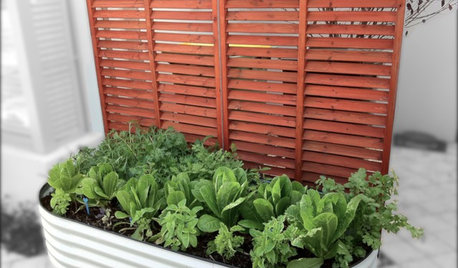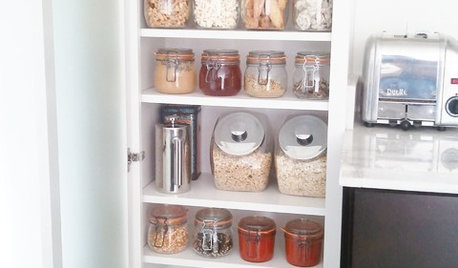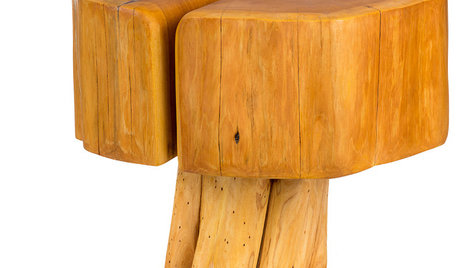Cotton gin waste
rhizo_1 (North AL) zone 7
18 years ago
Featured Answer
Sort by:Oldest
Comments (20)
outsideplaying_gw
18 years agoraestr (z8 Central Ala)
18 years agoRelated Professionals
Waunakee Landscape Architects & Landscape Designers · Maple Valley Landscape Contractors · Arlington Landscape Contractors · Beverly Hills Landscape Contractors · Darien Landscape Contractors · Laguna Hills Landscape Contractors · Lynwood Landscape Contractors · Mount Sinai Landscape Contractors · North Plainfield Landscape Contractors · West Haverstraw Landscape Contractors · Northlake Landscape Contractors · Winter Gardens Landscape Contractors · Baileys Crossroads Landscape Contractors · Milwaukee Siding & Exteriors · Orange County Siding & Exteriorsroseyp8255
18 years agomeadow_lark
18 years agorhizo_1 (North AL) zone 7
18 years agopfllh
18 years agorhizo_1 (North AL) zone 7
18 years agotinawina13
18 years agoalas_babylon
18 years agorhizo_1 (North AL) zone 7
18 years agohandyman1941
18 years agopfllh
18 years agoraestr (z8 Central Ala)
18 years agohandyman1941
18 years agopatricianat
18 years agorhizo_1 (North AL) zone 7
18 years agojrb451
10 years agomrdoitall
10 years agorhizo_1 (North AL) zone 7
10 years ago
Related Stories

FEEL-GOOD HOME21 Ways to Waste Less at Home
Whether it's herbs rotting in the fridge or clothes that never get worn, most of us waste too much. Here are ways to make a change
Full Story
MOST POPULAREasy Green: 23 Ways to Reduce Waste at Home
Pick from this plethora of earth-friendly ideas to send less to the landfill and keep more money in your pocket
Full Story
HEALTHY HOME6 Tips From a Nearly Zero-Waste Home
Lower your trash output and increase your quality of life with these ideas from a mom who did it to the max
Full Story
UPHOLSTERYFabric Focus: Cozy, Carefree Cotton
Here’s why you should consider making cotton king in your home decor
Full Story
BEFORE AND AFTERSModern Function and Simplicity in an Updated 1970s Kitchen
Goodbye to retro appliances and wasted space. Hello to better traffic flow and fresh new everything
Full Story
GARDENING GUIDESGet on a Composting Kick (Hello, Free Fertilizer!)
Quit shelling out for pricey substitutes that aren’t even as good. Here’s how to give your soil the best while lightening your trash load
Full Story
Easy Green: Fire Up an Ecofriendly Barbecue
Lose the paper plates — and the guilt — with these tips for barbecues and outdoor parties that are kinder to the earth
Full Story
BEDROOMSDream Spaces: Bedrooms With Amazing Views
Soaring over the city or nestled amidst nature, these sleeping spaces focus on the most divinely designed feature of all
Full Story
PRODUCT PICKSGuest Picks: Beautiful Things You Can Feel Good About Buying
Upcycled, ecofriendly or just made responsibly, these home accessories and furniture pieces will keep your conscience clear
Full Story
DECORATING GUIDESTake the Chill Off With Cozy Winter Textures
Stay warm this fall and winter with your favorite applications of velvet, wool and knits and plenty of woodsy accents
Full StorySponsored






meadow_lark